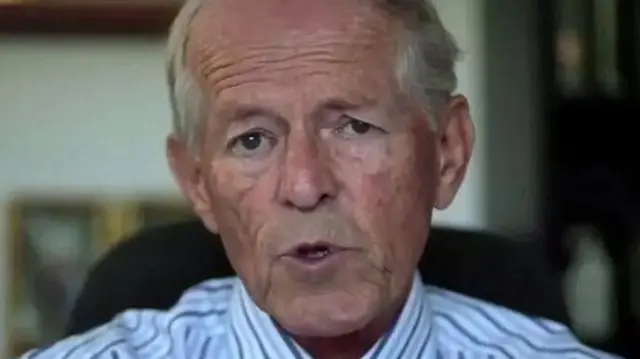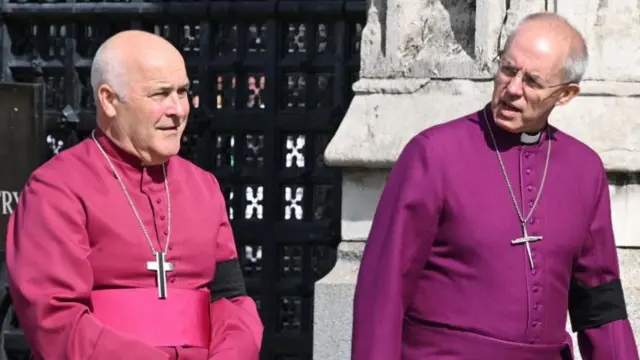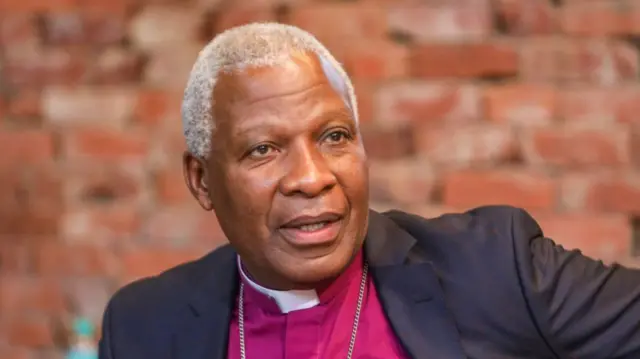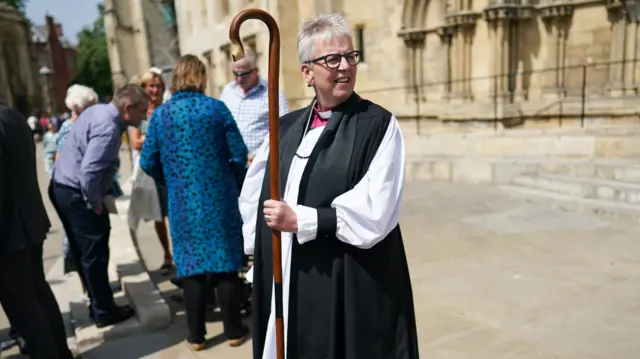John Smyth abused children for decadespublished at 10:43 GMT 13 November 2024

- Warning: this post contains distressing details
John Smyth was a British barrister who abused boys he met at Christian summer camps in the 1970s and 1980s.
He was a senior member of Christian charity the Iwerne Trust and is believed to be the most prolific serial abuser associated with the Church of England, according to an independent review commissioned a year after his death in 2018.
The long-awaited report - led by Keith Makin and published on Thursday - detailed how Smyth's abuse of more than 100 children and young men was covered up within the Church of England for decades.
He is said to have subjected his victims to traumatic physical, sexual, psychological and spiritual attacks.
The Iwerne Trust conducted its own investigation in 1982 that found Smyth would take pupils to his home near Winchester and carry out lashings with a garden cane in his shed.
It said eight of the boys received a total of 14,000 lashes, while two more received 8,000 between them over three years.
The charity called the practice "horrific" but the claims were not reported to police until 2013 - more than 30 years later.
Smyth then moved to Zimbabwe and later South Africa, where he abused up to 100 boys aged 13 to 17.
It was not until 2017, after a Channel 4 documentary revealed details about Smyth's abuse to the public, that police launched a full investigation.
Smyth is believed to have continued his abuse in South Africa until his death in 2018.



